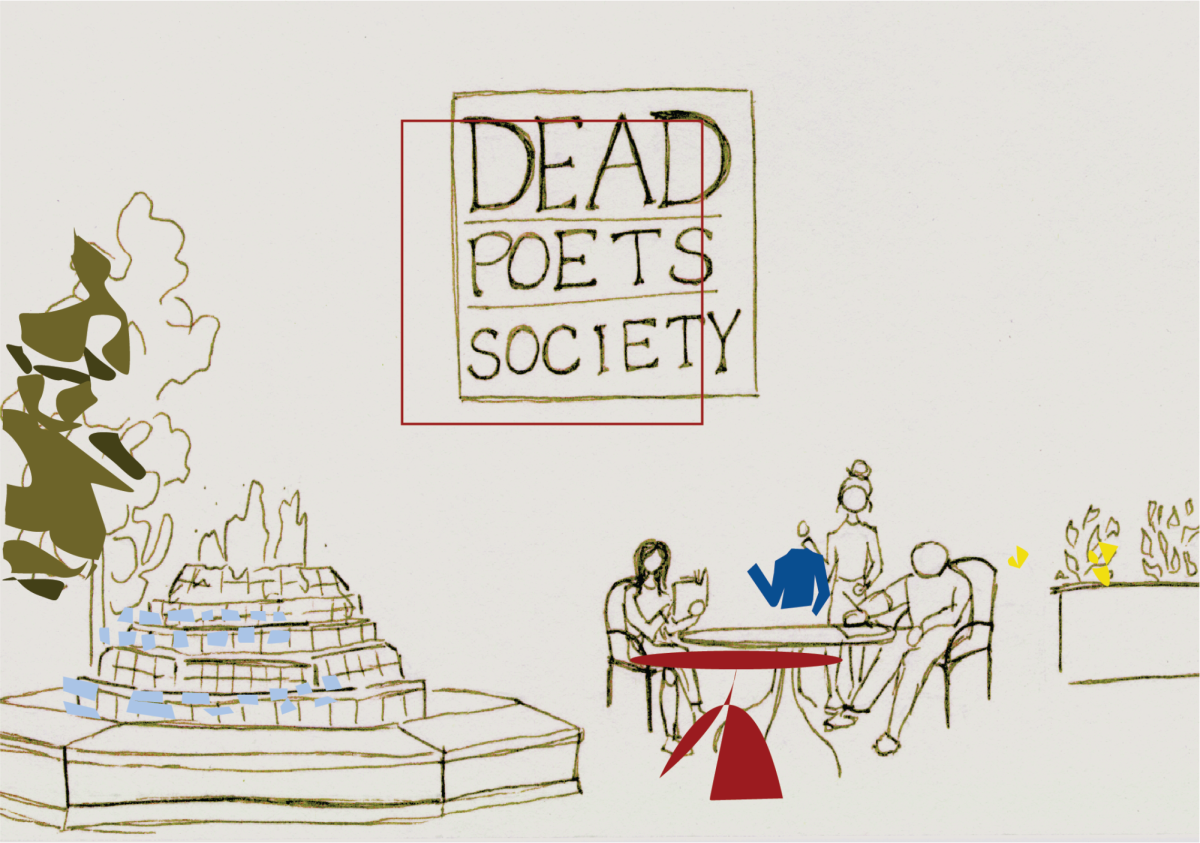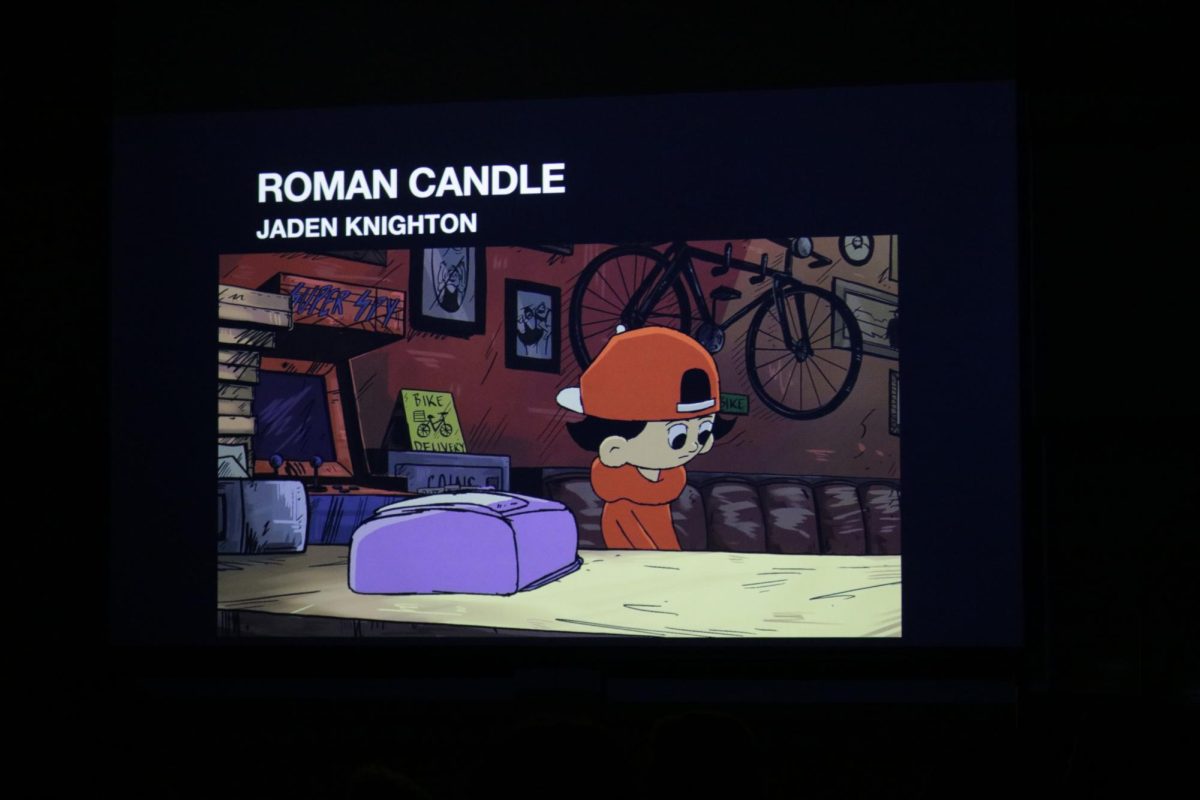My brother wants to live on Mars. I do not understand it. Leaving the peace and quiet of North Carolina for California has been hard enough. Leaving Earth would be insanity for me. For my brother, it would be a chance to be a part of history. To colonize another planet. To see mountains three times taller than Everest. To experience a side of God’s creation completely removed from what we have here on Earth.
A DIZZYING SPECTACLE
It is unclear whether or not man will make it to the red planet in this lifetime, but “The Martian” certainly makes a compelling argument for going. In 2013, “Gravity” acted as a metaphor for working through grief and depression. Last year’s “Interstellar” represented director Christopher Nolan’s conflicted feelings about being away from his children for so much of their lives as well as a delivery system for complex scientific theory. But “The Martian” is first and foremost a love letter to science. As a result, it is the most joyful science fiction film in years. “Gravity” captured the thrill and terror of moment-to-moment survival, letting the audience share in the dizzying spectacle of its character’s journey home. “Interstellar” was concerned with all of humanity’s survival. But when it came to the specifics of their stories, neither movie had a genuine sense of adventure.
JOY OF DISCOVERY
“The Martian” also deals with survival, but Mark Watney (played by Matt Damon), the astronaut whose survival is in question, is unique. When presumed dead and left behind by the rest of his crew during an evacuation, he patches himself up and sets to work on survival with a sense of humor and determination, tackling one problem at a time. Much of the laughs come from Mark walking the audience through every step of his survival, explaining the science behind each problem, setback and solution.
Joy is not the only emotion in the film. Mark experiences a wide variety of feelings, as do the rest of his crew and those back on Earth. In its most melancholy scene, Mark realizes he is the first person in history to be alone on an entire planet. But he is at peace with that. If he is to die, it will be in a beautiful place. He never gives up. Instead, he calculates the odds against him and sets about overcoming them.
As with “Gravity” and “Interstellar,” the goal is to get back home. But the movie does not get so caught up in survival that it forgets why Mark and his crew went to Mars in the first place. It reminds us of the joy of discovery – going where no one has gone and doing what no one has done before.
THE ULTIMATE STATEMENT
In that regard, “The Martian” shares my brother’s passion. Joy does not color every moment, but rather is the film’s ultimate statement. Space exploration is equal parts danger and wonder. In “The Martian,” survival is not the ultimate reward, human achievement is. It is a film meant for dreamers, intent on inspiring future generations. In a way, it understands my brother better than I do, but it helped improve my understanding.
As I’m writing this, he has yet to see it, but by the time it is published, he will have. I am not smart enough to make a joke about the science of time travel, so I will just say this ― I think he is going to love it.







